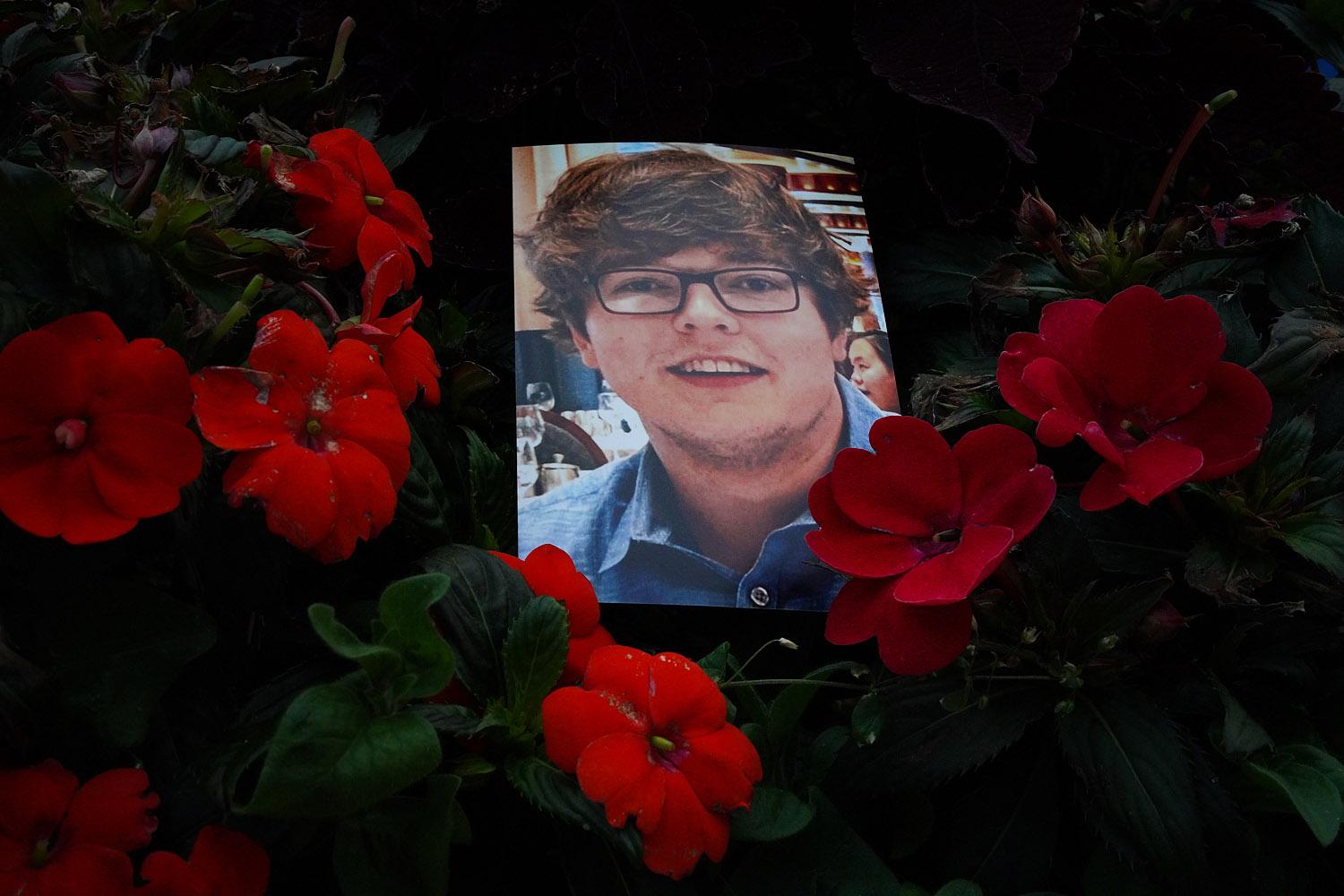
The 24-year-old accused of killing 10 people at a Boulder King Soopers store told a forensic psychologist that he bought his automatic weapon so he could carry out a mass shooting and that he wanted to commit suicide by cop.
In a Boulder courtroom on Wednesday, prosecutors sought to prove to a judge that Ahmad Al Aliwi Alissa had enough knowledge of courtroom proceedings and who people were to participate in his own defense.
“Since March and April of this year, the improvements have been many,” said Boulder District Attorney Michael Dougherty. “Everyone has seen improvement.”
Alissa was found competent to stand trial in August. His defense attorneys, Kathryn Herold and Sam Dunn, asked for a two-day hearing, though, to debate that in front of Boulder’s chief judge Ingrid Bakke.
If Bakke agrees with the doctors at the Colorado Mental Health Institute in Pueblo that Alissa is competent to proceed, he will likely get scheduled for a trial. He faces more than 100 criminal charges connected to the shooting, including first-degree murder of 10 people. That includes a Boulder police officer.
Court documents and testimony indicate that Alissa has been diagnosed with schizophrenia, and he has heard voices and yelling in his head.
He has cycled through a number of antipsychotic medications, but is currently on an involuntary, therapeutic dose of clozapine. A judge ordered that in March after he began to digress and decompensate when he wasn’t taking another kind of medication, according to the testimony.
Dr. Loandra Torres works at the state mental health hospital and has evaluated Alissa eleven times since he got there in December 2021.
She said he has shown great improvement in assessments, hygiene and conversation since being forcibly medicated in March 2023 with clozapine, an antipsychotic medication.
“There was notable improvement in the functioning between April and August,” she said, noting he had no signs of clinical depression, mania or thoughts of suicide. “We thought he had the capacity to communicate with his defense attorneys.”
Competency to proceed to trial doesn’t have anything to do with a suspect’s mental state at the time of the alleged crime -- only that the person can understand and participate in their own defense.
Dougherty pointed out that Alissa was voluntarily participating in a number of group activities and sessions while hospitalized at the state mental health hospital, including a Dungeons and Dragons group, a Karaoke group and a cornhole group. He chose not to take classes on the court or criminal justice system, which are voluntary.
Torres said this didn’t really worry his treatment team much because he has shown a basic understanding of the players in a courtroom.
On behalf of Alissa, Herold said that while he has shown improvement with forcible medication, it is not enough to meet the bar for competency and to assist in his own defense. Alissa sat next to her all day in court on Wednesday in an orange and white jail jumpsuit, fidgeting and looking around the room.
“You can make your own observations,” she told Bakke, gesturing over to her client. “Does he have a good attention span?”
Herold also pointed out that he only improved when he was being forcibly medicated with a drug that has side effects.
Alissa apparently did not take the drug on Tuesday night at the Boulder County Jail ahead of this hearing because deputies there don’t have the power to forcibly medicate him, according to testimony.
“In this case, the government failed to meet their burden of proof that he is restored to competency,” she said.
Dougherty took a few jabs at the Colorado Mental Health Institute at Pueblo and how leadership there has handled this case since Alissa was initially hospitalized almost two years ago.
“The fact of the matter is I can yell and scream about this case for hours,” he said. “I can talk about how it’s noteworthy that he wasn’t treated with clozapine until March 2023. I could spend a lot of time talking about December 2021 through April 2023 and those delays and the impact of those delays. But that’s not why we’re here.”
Prosecutors also sought testimony and assurances from Judge Bakke that they would try and get state officials to continue to house Alissa in Pueblo -- rather than the Boulder County Jail -- as he awaited further court proceedings. Deputies at the jail are not authorized to forcibly medicate those inside.
Every witness on Wednesday said that Alissa’s mental health would be better off in Pueblo -- rather than in an incarcerated pre-trial setting.









